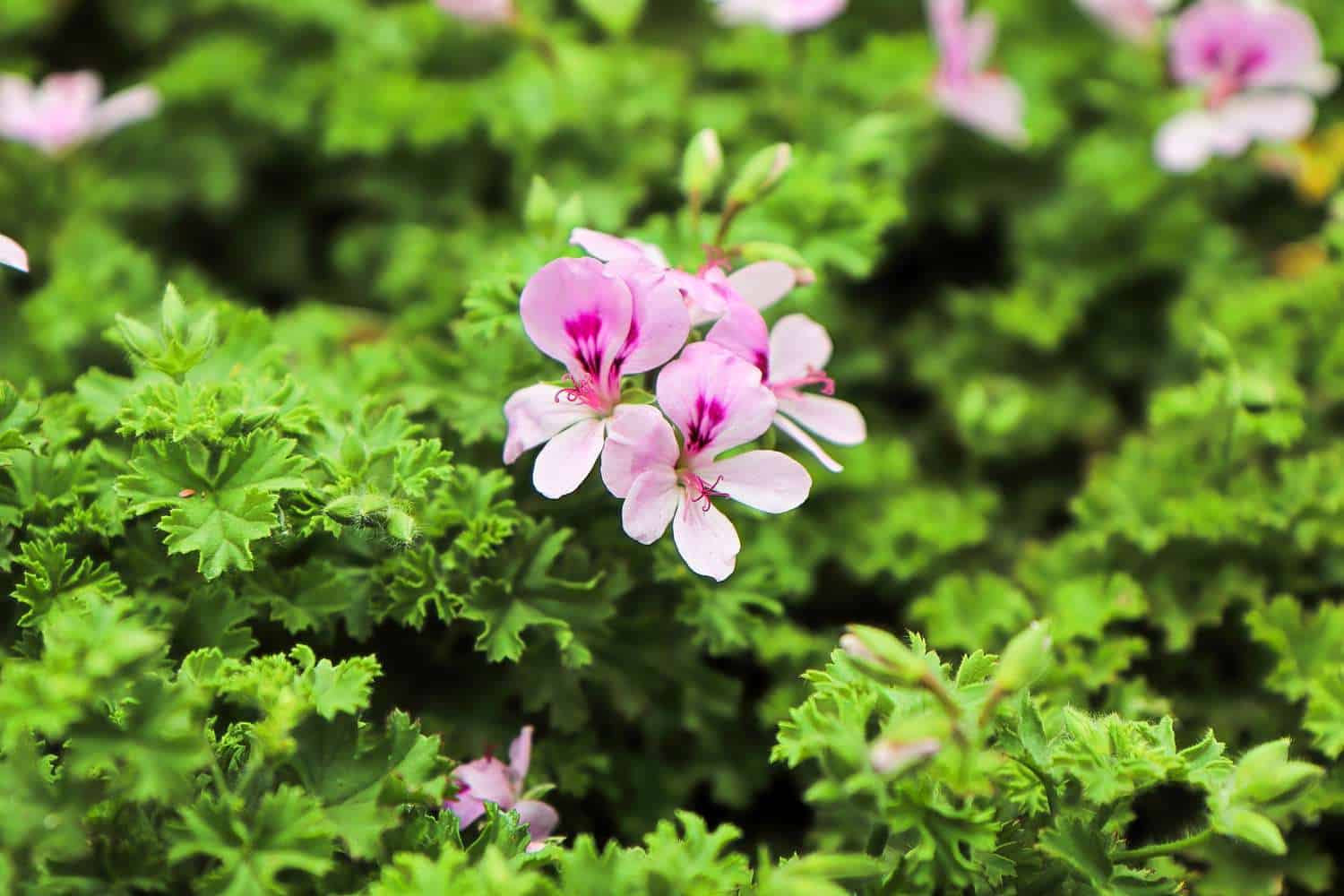Welcome to the Green Oasis: Your Guide to Growing Citronella!
Hey there, amazing parents! Are you dreaming of long summer evenings in the garden without the buzz of pesky mosquitoes? Look no further because citronella plants are here to save your outdoor moments! These green beauties are not only known for their feathery foliage and lemony fragrance but also for their superhero-like ability to shoo away insects, all while being kind to the planet and safe for your little ones. ??
What Is Citronella?
Citronella, often mistaken as just a candle scent, is actually a vibrant plant that has more to offer than just a pleasant aroma. It’s a species of the Cymbopogon family (yes, that’s a mouthful, but it’s the same family as lemongrass!), and it’s prized for its natural insect-repellent properties. Embracing citronella means you’re taking a step towards a chemical-free, happy-healthy environment for your kiddos.
Is Citronella Safe for Kids?
Of course, the safety of our children is always our top priority. So, you’ll be delighted to hear that citronella plants are considered non-toxic and safe for children and pets. ? But as with any plant, it’s essential to teach our little explorers not to munch on the leaves – because, while it’s not harmful, it’s not your typical salad green either!
Planting Citronella: The Perfect Family Activity
Gardening can be an incredible activity to share with your kids, and planting citronella can be a fun part of that. Start by picking a sunny spot in your garden, because citronella loves the sunlight. Then, get your hands dirty together by planting some citronella seedlings. It’s a great way to teach them about the wonders of nature and the importance of caring for living things. ? Plus, they’ll love the sensory experience of the lemony scent!
Caring for Your Citronella Plant
Parenting and plant care have something in common – both need lots of love and attention (but thankfully, citronella is lower maintenance). Ideally, these plants need well-draining soil, regular watering, and plenty of sunshine. The occasional talk and singing to your plants are optional, but hey, we’re all about spreading positivity!
Stick around as we dive into the world of citronella – from the ins and outs, to growing and caring for your plants, we’re covering everything! Our guide will turn you into a citronella-growing champion, helping you create a serene, insect-free haven for family time outdoors. Say goodbye to insects and hello to peaceful, joyful evenings in the garden!

5 Essential Things Parents Should Know Before Introducing Citronella Plants to the Family Garden
Bringing citronella into your family’s life is like welcoming a new member into the home. Before you do, here’s the lowdown every parent should know:
1. Understanding the Climate and Citronella Compatibility
Before you set out to create your mini citronella haven, it’s important to understand that citronella thrives in warmer climates. If you live in a region with frosty winters, plan to plant your citronella in pots that can easily be brought indoors when the temperature dips. Citronella is a perennial in zones 9-11, but elsewhere, it’s treated as an annual. ????
2. The Right Spot for Planting
Selecting the perfect home for your citronella plants is critical. These sun-loving plants need at least six hours of sunlight daily. So, find an open space or a sunny windowsill that allows them to bask in the golden rays. An added perk? If your kids have a favorite outdoor play area, planting citronella nearby can help keep the bugs at bay right where they romp and play.
3. Soil and Watering Wisdom
Citronella does best in loamy, well-drained soil, preventing root rot – think of it as a comfortable bed for your plant. And when it comes to watering, a balanced approach is key; the soil should be kept moist but not soggy. Teach your children to check the soil by pushing a finger an inch deep; if it’s dry, it’s time to water. Making this a shared responsibility can be a joyful lesson in nurturing and consistency. ??
4. Growth and Space Considerations
Your citronella might start as a cute little seedling, but with proper care, it can grow into a sprawling plant. Make sure you allocate enough space for it to spread its wings – ideally, a couple of feet apart from other plants. This not only gives it room to grow but also ensures that airflow isn’t restricted, keeping your plant healthy. Plus, it’s always fun to observe the growth over time with your kids as both of you watch the plant maturing right before your eyes.
5. Pests and Disease Management
While citronella is known for repelling insects, it’s not immune to certain pests and diseases, such as spider mites and fungal issues. Parents, this is a great opportunity to teach your kiddos about the importance of observation and proactive care. Regularly inspect your plants and keep an eye out for signs of distress. If any issues arise, tackle them with organic, kid-safe solutions whenever possible – nature supporting nature!
With these pointers in mind, you’re well on your way to providing a fragrant, lively, and insect-repellent environment for your children to enjoy. Cultivating citronella plants is not just about gardening; it’s about creating a shared experience for the whole family that’s filled with learning, responsibility, and the joys of the outdoors. So go ahead, roll up those sleeves and turn the page on a new, joyous chapter in family gardening!
